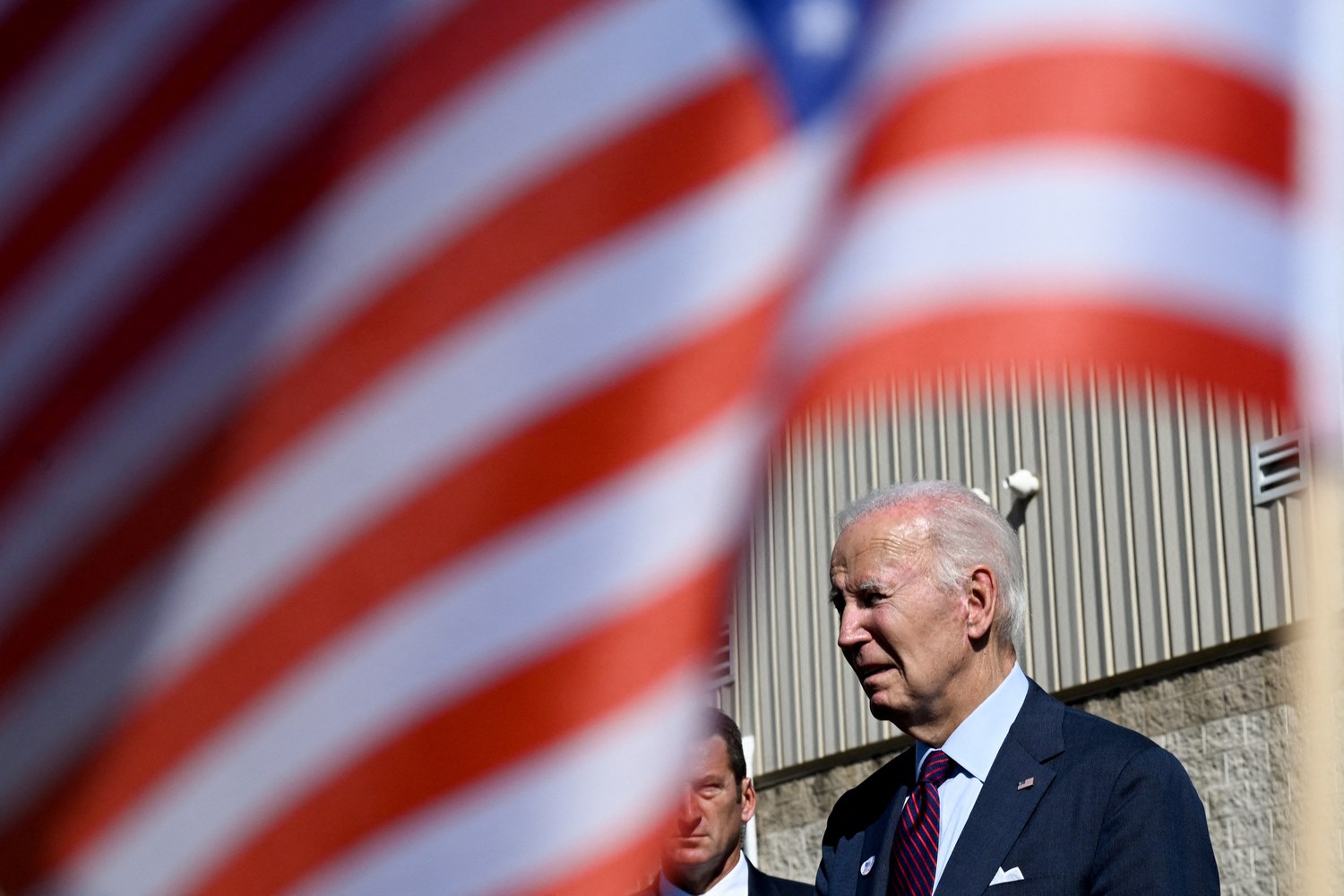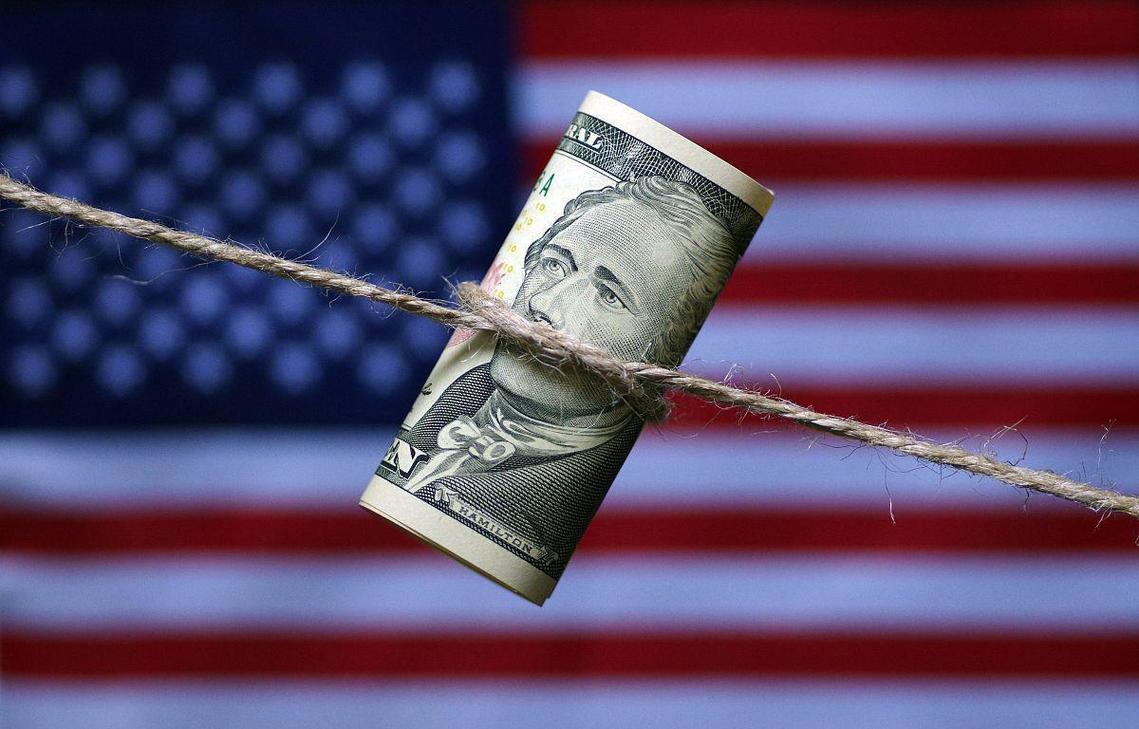
With the rapid development of global technology, artificial intelligence technology has become an important engine driving social progress. However, the new regulations on investment restrictions in artificial intelligence and other three categories announced by the Biden administration recently have undoubtedly cast a shadow over international scientific and technological cooperation and exchange. This article will analyze the impact and possible consequences of this policy from multiple angles.
I. Background and content of investment restriction new regulations
The investment restriction new regulations announced by the Biden administration mainly cover direct investment in China's semiconductor, quantum computing, and artificial intelligence sectors. The policy's implementation reflects the United States' strategic considerations in the field of high technology and its concerns about technological competition with China. The United States is trying to curb China's technological development through technological means and maintain its global hegemony.
Specifically, the new regulations stipulate that US companies and individuals will be restricted from investing in certain high-tech sectors in China, including but not limited to semiconductors, quantum computing, and artificial intelligence. These sectors are considered critical core technologies that play a vital role in a country's military, intelligence, and network capabilities. If these technologies are used for non-peaceful purposes, they will pose a serious threat to national security. Therefore, the US government has chosen to restrict investment to prevent relevant technologies from flowing to China.
II. Impact analysis of investment restriction new regulations
Impact on Sino-US science and technology cooperation
First of all, this investment restriction new regulation will undoubtedly have a negative impact on Sino-US science and technology cooperation. In the past, China and the United States have had extensive cooperation and exchanges in the field of science and technology, jointly promoting many scientific and technological innovations. However, with the implementation of this policy, bilateral cooperation may be seriously impeded. Some projects involving sensitive technologies may no longer be able to proceed, and the exchange of scientific research personnel between the two sides may also be reduced. This will not only affect the research progress and output of the two countries, but The country should still actively engage in scientific and technological cooperation and exchanges with other countries and regions to jointly address global challenges. By sharing experiences and exchanging technologies, we can promote the common progress and development of global science and technology.
Establish a risk warning and response mechanism: closely monitor international scientific and technological trends and policy changes, and establish a sound risk warning and response mechanism. By collecting and analyzing timely information, we can provide scientific basis for decision-making and effectively respond to various risks and challenges.
In summary, the new regulations on investment restrictions imposed by the Biden administration on China's artificial intelligence and other three categories of investments may bring certain challenges to China's scientific and technological development, but also provide a key opportunity for China to break through and achieve independent development. By taking effective countermeasures and development strategies, we believe that China can maintain a steady pace of development in global science and technology competition and lay a solid foundation for achieving the goal of a science and technology powerhouse.

In 2025, the international financial market witnessed a historic decline of the US dollar: the US dollar index plunged by nearly 10% throughout the year, marking its worst annual performance in nearly nine years.
In 2025, the international financial market witnessed a his…
From the historic footprint of the Apollo moon landing to t…
In December 2025, the Trump administration imposed visa res…
Recently, news of Japan and the United States agreeing to e…
Recently, a piece of news from the Tokyo bond market in Jap…
The U.S. economy in December 2025 resembles a meticulously …